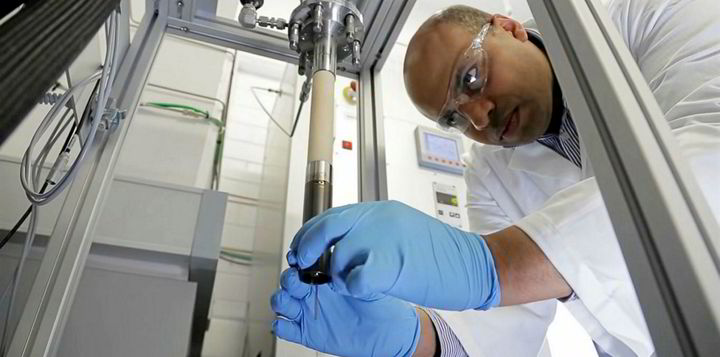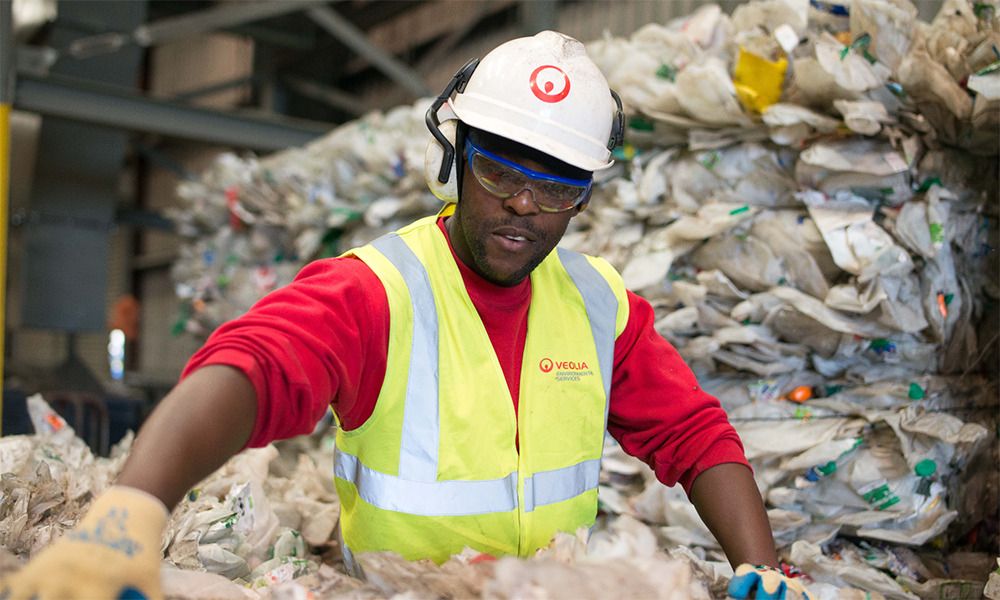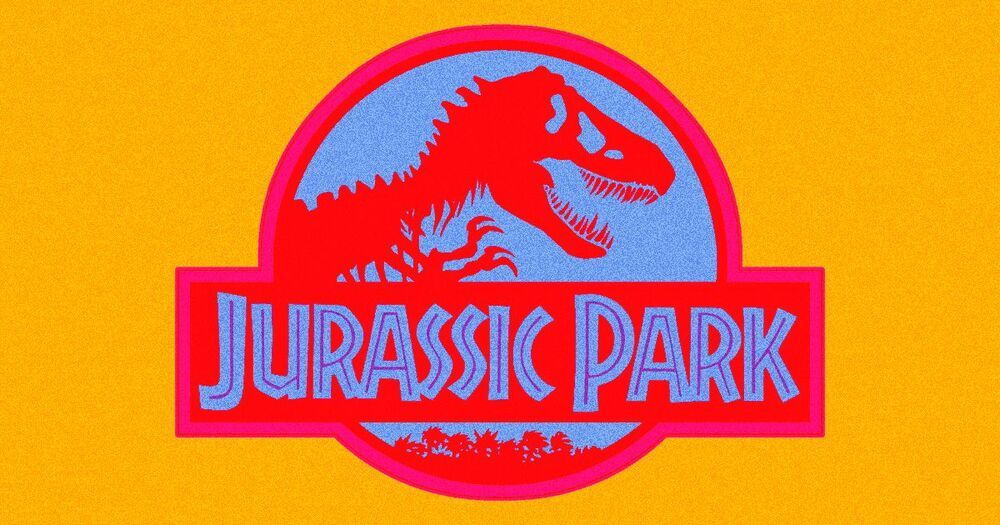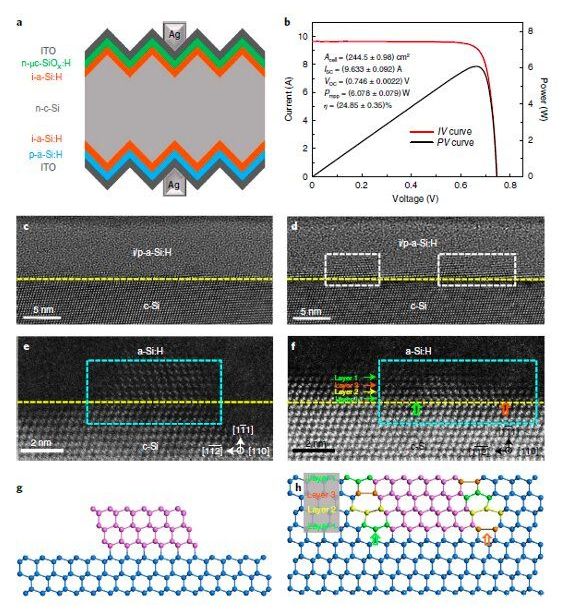Excess solar power will be converted to H2, which will be stored in a solid material called sodium borohydride, before being run through a fuel cell to generate electricity at Australian project.



Seawater is raising salt levels in coastal woodlands along the entire Atlantic Coastal Plain, from Maine to Florida. Huge swaths of contiguous forest are dying. They’re now known in the scientific community as “ghost forests.”
Trekking out to my research sites near North Carolina’s Alligator River National Wildlife Refuge, I slog through knee-deep water on a section of trail that is completely submerged. Permanent flooding has become commonplace on this low-lying peninsula, nestled behind North Carolina’s Outer Banks. The trees growing in the water are small and stunted. Many are dead.
Throughout coastal North Carolina, evidence of forest die-off is everywhere. Nearly every roadside ditch I pass while driving around the region is lined with dead or dying trees.
As an ecologist studying wetland response to sea level rise, I know this flooding is evidence that climate change is altering landscapes along the Atlantic coast. It’s emblematic of environmental changes that also threaten wildlife, ecosystems, and local farms and forestry businesses.

Resource management company, Veolia, is set to make a major increase to the amount of recycled plastic used in milk bottles and close the UK to UK recycling loop for the UK dairy industry.
The project will see over 100 million new recycled bottles created each year by ensuring that they are produced, distributed, consumed, collected, sorted, washed & reprocessed and made into bottles in the UK.
Every year three hundred million milk bottles arrive at Veolia’s plastic recycling facilities. After being collected and compressed into bales, the bottles are ground into flakes. They are washed several times to remove label residue and clean the plastic.


For 50 years, AeroVironment has advanced UAV development. Today, the company is a Technology Solutions Provider at the intersection of four future-defining technologies: robotics, sensors, analytics and connectivity. Its culture of experimentation and R&D dates back to its founder, Dr. Paul MacCready Jr., whose achievements earned him the nickname “the father of human-powered flight”. From deploying the world’s most popular sUAS to designing the helicopter that’s en route to fly in Mars’ thin atmosphere, AeroVironment’s collective accomplishments provide a case study of imagination, innovation and collaboration — one that has and will bring effective solutions to frontlines, farms and frontiers, yesterday, today and tomorrow.
Leading the Way: UAS Capabilities – Onward and Upward
From solar-powered aircraft to the first hand-launched small UAS (sUAS) for military reconnaissance, AeroVironment literally launched the era of small aerial vehicles for environmental, commercial and defense purposes. For 35 years, the company has made its UAVs smaller and simpler, yet with multiple and ever-more-innovative functionality.

Fusion reactor technologies are well-positioned to contribute to our future power needs in a safe and sustainable manner. Numerical models can provide researchers with information on the behavior of the fusion plasma, as well as valuable insight on the effectiveness of reactor design and operation. However, to model the large number of plasma interactions requires a number of specialized models that are not fast enough to provide data on reactor design and operation.
Aaron Ho from the Science and Technology of Nuclear Fusion group in the department of Applied Physics at Eindhoven University of Technology has explored the use of machine learning approaches to speed up the numerical simulation of core plasma turbulent transport. Ho defended his thesis on March 17th.
The ultimate goal of research on fusion reactors is to achieve a net power gain in an economically viable manner. To reach this goal, large intricate devices have been constructed, but as these devices become more complex, it becomes increasingly important to adopt a predict-first approach regarding its operation. This reduces operational inefficiencies and protects the device from severe damage.

For the uninitiated, “Jurassic Park” and “Jurassic World” make up a five-movie franchise — with a sixth in the works — all based on Michael Crichton’s hit novel about how bad of an idea it was to open a place like Jurassic Park. Leveraging recent advances in genetic research to create entirely new creatures is certainly an enticing idea, though there’s a big difference between something potentially being feasible and actually being a good idea.
But it’s not all fun and games when you’re playing god and creating new dinosaurs. Hodak later added that de-extinction could be a valuable tool for increasing biodiversity, perhaps because we find ourselves in the midst of an era of mass extinction.
“Biodiversity (antifragility) is definitely valuable; conservation is important and makes sense,” Hodak tweeted minutes later. “But why do we stop there? Why don’t we more intentionally try to generate novel diversity?”

30 Pieces of silver for the masses.
The National Association for the Advancement of Colored People (NAACP) just published a report titled Fossil Fuel Foolery, which identified 10 tactics that the fossil fuel industry used as excuses for not accepting accountability for its impacts on the environment and human health. DesmogBlog noted that the industry used a long list of deceptive tactics that concealed environmental destruction harming Black, Indigenous, and People of Color (BIPOC) as well as low-income communities. Not surprising — the fossil fuel industry only cares about money, and if the planet and human health stand in the way of that, so be it.
The article gave a snapshot of the report findings, and one of the most disturbing things I took notice of was the common tactic that the NAACP described as “co-opt community leaders and organizations and misrepresent the interests and opinions of communities,” sometimes with financial support, to “neutralize or weaken public opposition.”
In short, fossil fuel companies and utilities pour donations on churches, nonprofits, and advocacy organizations to pretty much secure the local community buy-in on projects that generate pollution. The article said it plainly: “to stifle the push towards renewable energy.” And that also includes misrepresenting the community through one or two hired hands.
European automaker Renault debuted its new cheap electric cars, the Kwid series, in India for a little over $6000 USD. The incredibly low price has left many consumers wondering why certain counties have access to cheap EV cars, while buyers in Europe and the United States are expected to pay more than quadruple that price for similar vehicles. It turns out there is a conspiracy and Europeans and North Americans who want electric cars are getting gouged by automakers, and it all has to do with gaining access to new markets.
The Kwid specifications are nearly identical to a Dacia, also a Renault brand. The difference: a European Dacia is double the price of an Indian Kwid. Meanwhile, the U.S. market misses entirely on either of these vehicles. The only electric cars available in America are dominated by premium brands and high price tags, making them unaffordable for most.
Cheap electric cars are available. The question is, why are Americans and Europeans being ripped off by electric vehicle manufacturers?

Crystalline silicon (c-Si) solar cells are among the most promising solar technologies on the market. These solar cells have numerous advantageous properties, including a nearly optimum bandgap, high efficiency and stability. Notably, they can also be fabricated using raw materials that are widely available and easy to attain.
In recent years, many companies and engineers specifically focused their research efforts on Si heterojunction (SHJ) solar cells. These solar cells, which consist of amorphous silicon layers deposited on crystalline silicon surfaces, have been found to achieve remarkable power conversion efficiencies (PCE).
Researchers at Beijing University of Technology, the Hanergy Chengdu Research and Development Center, and Jiangsu University in China recently carried out a study aimed at closely examining the structure of the c-Si/a-Si:H interface in high-efficiency SHJ solar cells. Their paper, published in Nature Energy, offers valuable insight that could help to improve the performance of SHJ solar cells further, by allowing engineers greater control over the c-Si/a-Si:H interface.

According to the CEO of CIAM Mikhail Gordin, this is one of the most important projects in modern aviation. The use of a hybrid power plant based on the high-temperature superconducting platform, or HTSP, is designed to solve a number of technological issues that air transport is already facing, he said.
“This is what was done with the Fund of Advanced Studies – an electric airplane based on superconductivity principles,” Borisov said. The electric motor is part of the hybrid powertrain demonstrator that Russia’s Central Institute of Aviation Motors (CIAM) is developing.
An innovative electric motor based on high-temperature superconductors with a capacity of 500 kW (679 HP) was created by materials specialist Superox.
Trials of a promising superconductive aircraft electric motor started on February 5. A special flying laboratory has been created on the basis of the Yak-40 aircraft.